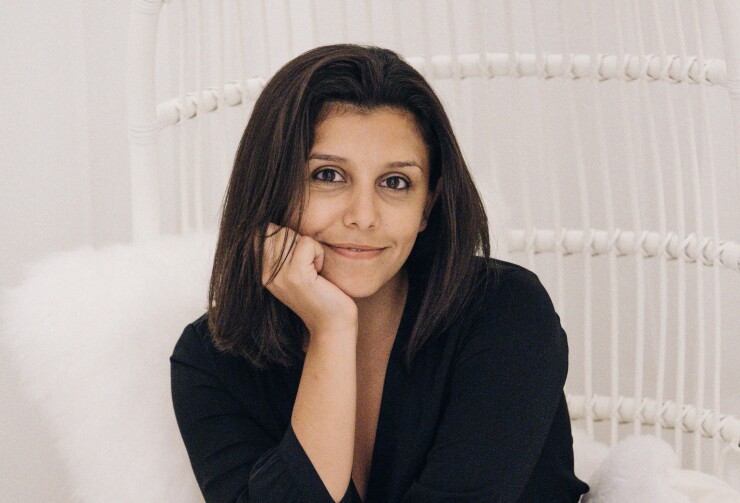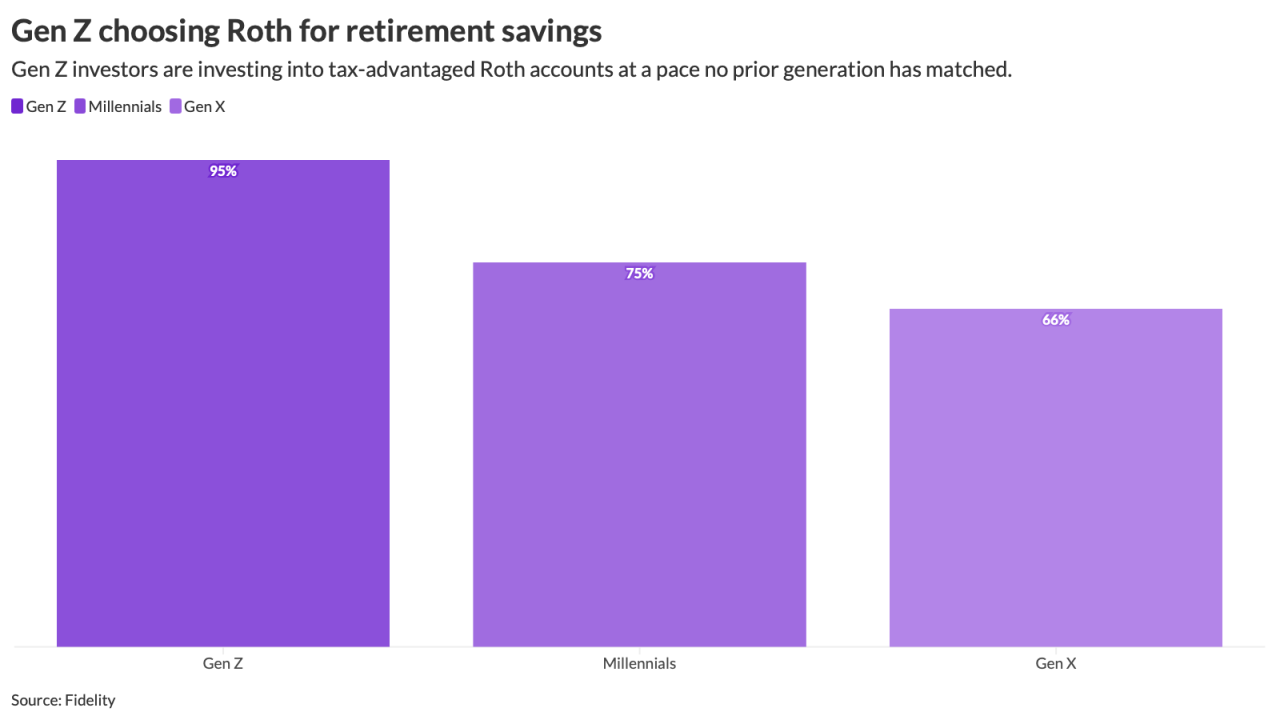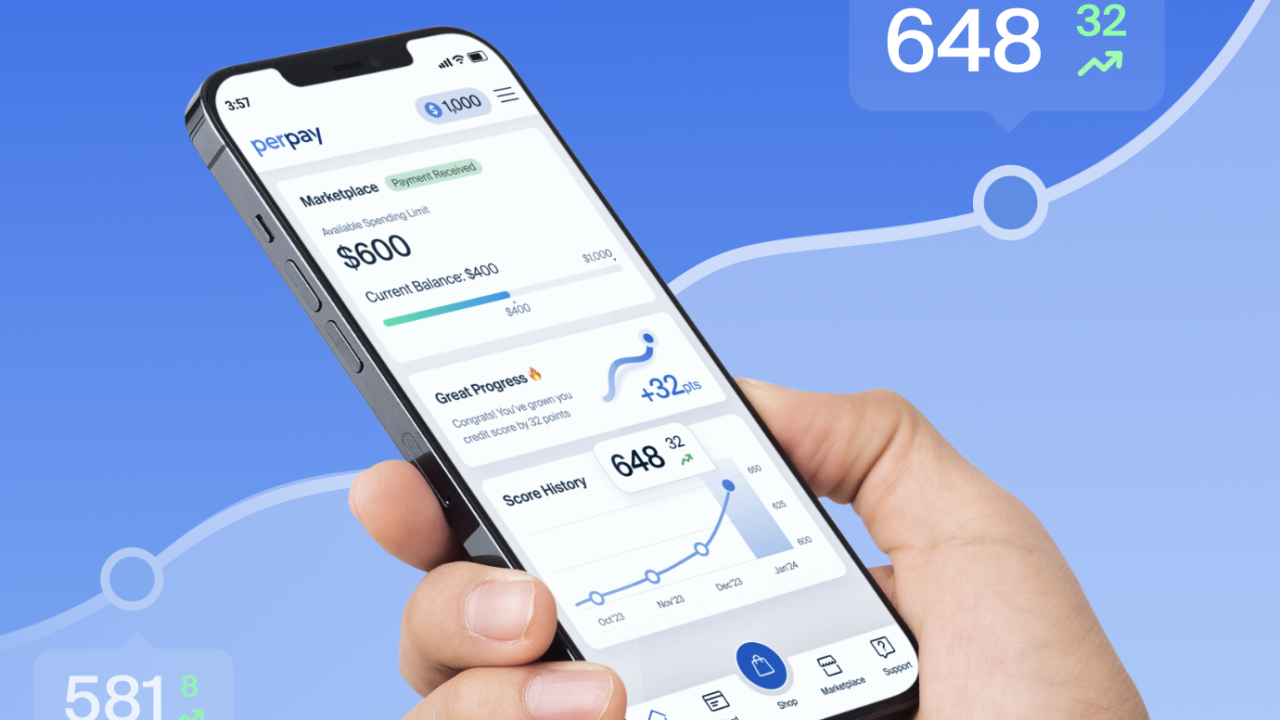Vacation isn’t what it used to be. Ask any employee at just about any company, and chances are they’ve taken a much-deserved break from work only to be constantly interrupted by Slack notifications, emails, and calls.
As founder and CEO of mental-health platform Real, Ariela Safira knows this is no way to recharge. So she recently introduced a new benefit to help her 45 team members truly rest: once a quarter, Real will close down for a full week.
Read more:
“Our world’s mental health collapsed when
Real launched in March 2020 just as the pandemic hit, and Safira and her team have spent the last year helping Real’s members find systems of support. When it came time to examine the benefits she provides to her own team, Safira had a hunch that the unlimited
Read more:
EBN recently spoke with the CEO to understand how the quarterly shutdown came to be, and how it’s changed the way her team operates.
How did the idea for company-wide vacation first come up?
Benefits and culture should be built and iterated upon, just like we build products. We rarely redesign the underlying structure of benefits. We just add more shit to it, and that isn’t cost efficient and it doesn’t make anyone happy. Creating benefits should be collaborative, but you have to ask insightful questions.
What did you hear from employees that helped create this idea?
We asked our staff, how would you compare your memories of summer vacation as a kid to the way you feel about your PTO now? And we got this amazing nugget of knowledge from one of our staffers — my guess is it was a therapist — who said that the real feeling of relief that’s associated with childhood summer vacation comes from the fact that it’s a ritual that all peers experience at the same time. You go back to school and you all talk about the summer. But there’s a level of loneliness in adulthood, even when you do joyful things. There’s a discomfort in coming back to the workplace and bragging about your trip, knowing your teammates were all working.
And so how did you respond?
The last week of every quarter, we decided to close the company.
You just shut your whole company down? As a business with clients to serve, how does that even work?
The first time we did it, we got more [customer] acquisitions than ever before! The app is running and we offered on-demand events, though we communicated that we’re not there to fix bugs.
How did your team respond to this perk?
Across the board, people felt less guilty about not working. They thought about work less. They came back feeling more rested. It was a clear, measurable outcome. And this isn’t just about us wanting vacation time — there is thoughtfulness and reason behind it, and it’s about helping our team bring their best to work. We’ve all spent a year living in our computers. Home is now work. Our social lives are now digital. But rest is important, and it’s an important part of mental health.
What has this taught you about how companies should be designing benefits for their staff?
No one’s really taking 10 steps back and building on what is the best employee experience — and I don’t mean asking what people want and then just giving it to them. It’s about taking into consideration budget, company goals, and building a program the same way we would build a product. Don’t just find new benefits and give them to your employees. In our case, what I find from our employees is a sense of, “I have so much work on my plate, it doesn’t help to give me access to four more apps that can alleviate my stress. It would help to hire another person so I’ve got less work on my plate.” That’s how we’re thinking now.






